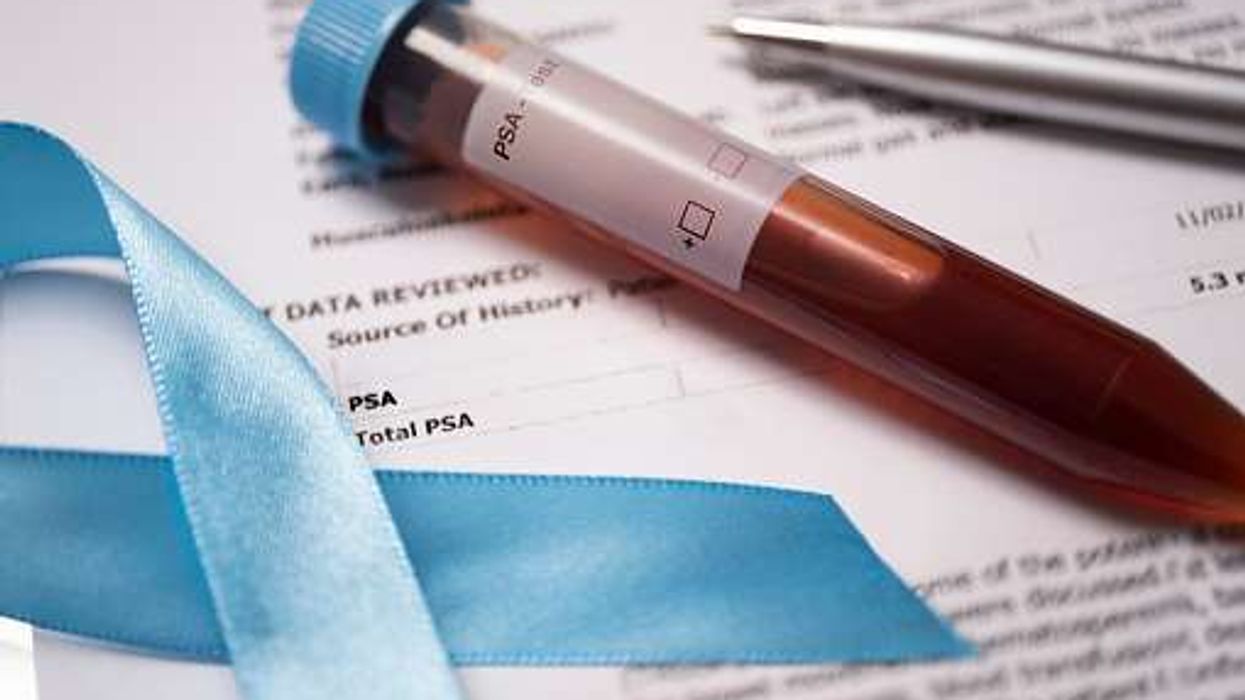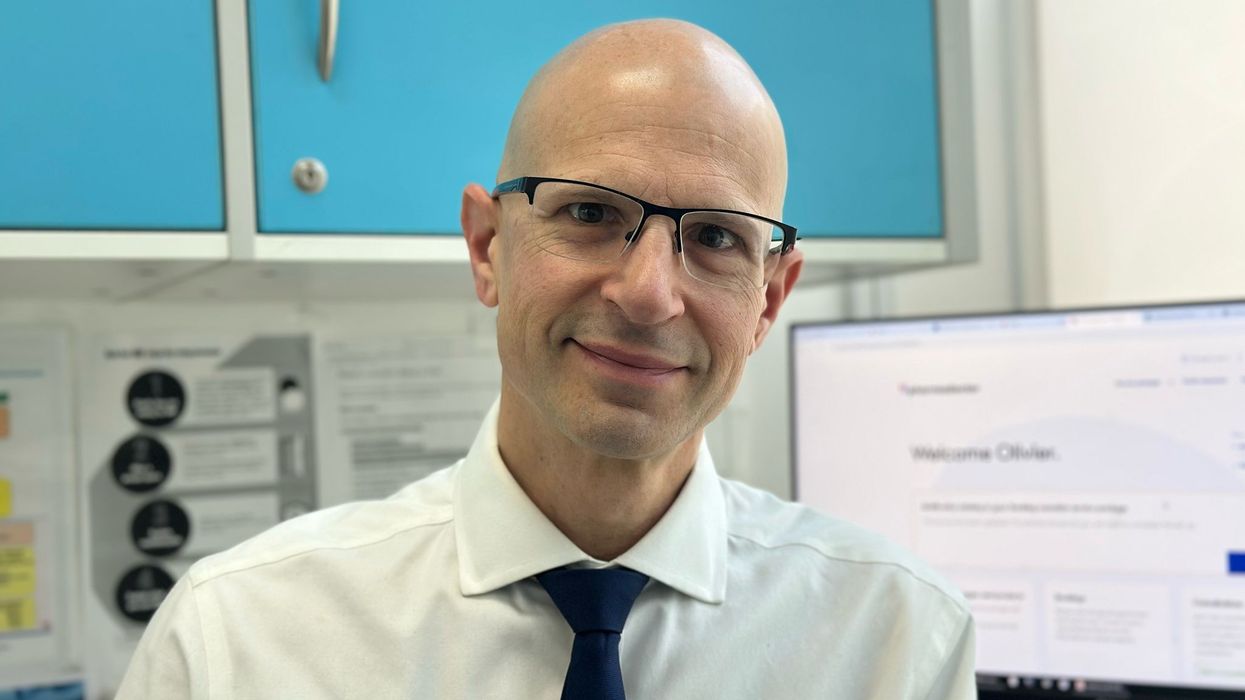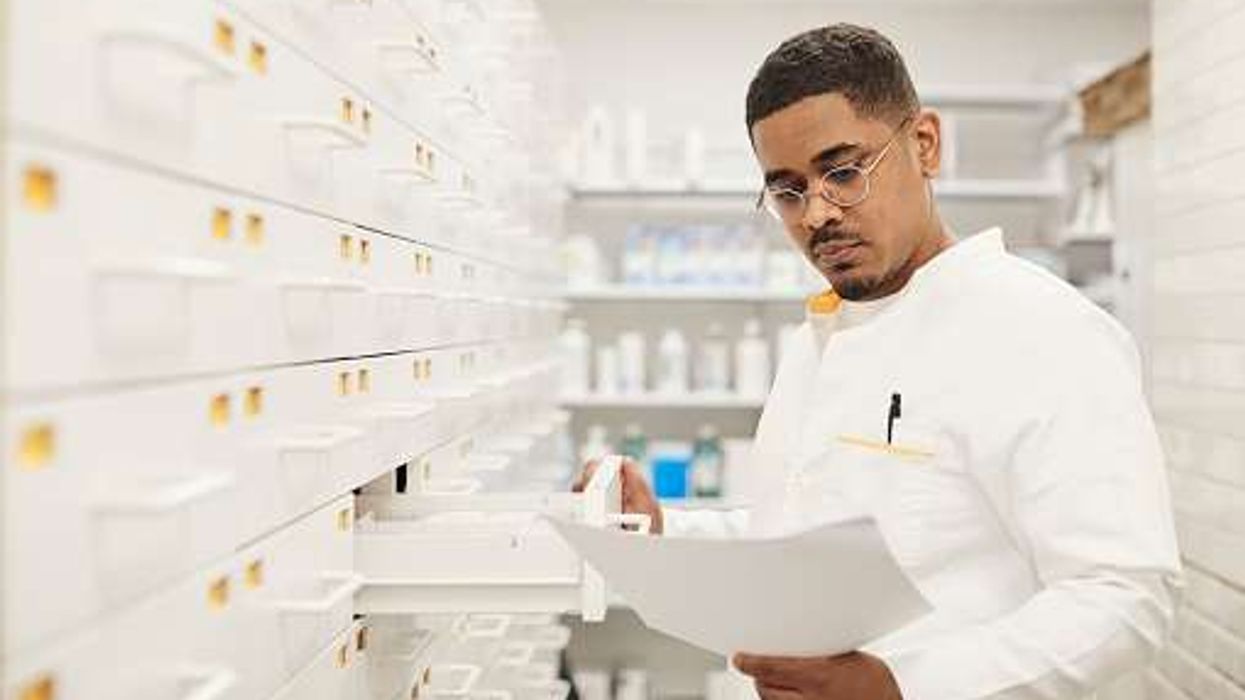Pharmaceutical Services Negotiating Committee has called for a fair representation of pharmacy and other primary care providers in new health and care systems.
The Health and Care Bill that is currently being considered in parliament would shift the responsibility for managing contracts for primary NHS services to new Integrated Care boards (ICBs).
The Bill specifies that ICBs include a member nominated by General Practice, which accounts for only a third of the primary care workforce in England.
In its current form, the Bill has no provision for representation from other primary care professions.
PSNC chief executive Simon Dukes, along with the leaders of the British Medical Association, British Dental Association, Optometric Fees Negotiating Committee and National Community Hearing Association, has written to the Health and Care Bill Committee members, raising concerns about these proposals.
Dukes said: “All primary care providers must have a voice in the new Integrated Care Systems, including community pharmacies and their teams. Every day around 1.6 million people visit a pharmacy in England to access vital medicines, healthcare advice and other important services, such as NHS flu vaccinations."
He added that public reliance on pharmacies increased during the pandemic, therefore it is vital that “these new local systems recognise the critical role played by pharmacies and the whole of primary care, as well as general practice.”
The joint communication calls on the government to ensure:
- Primary care is represented and involved in decision-making at all levels of the ICS through formalised roles;
- These roles are remunerated to ensure parity of availability and voice with NHS Trusts, NHS staff, social care and public health colleagues;
- Existing statutory Local Representative Committees (such as LPCs) have the right put forward nominations for those roles; and
- ICBs and Integrated Care Partnerships (ICPs) are required to publicly explain when they choose not to heed advice from local primary care bodies.











